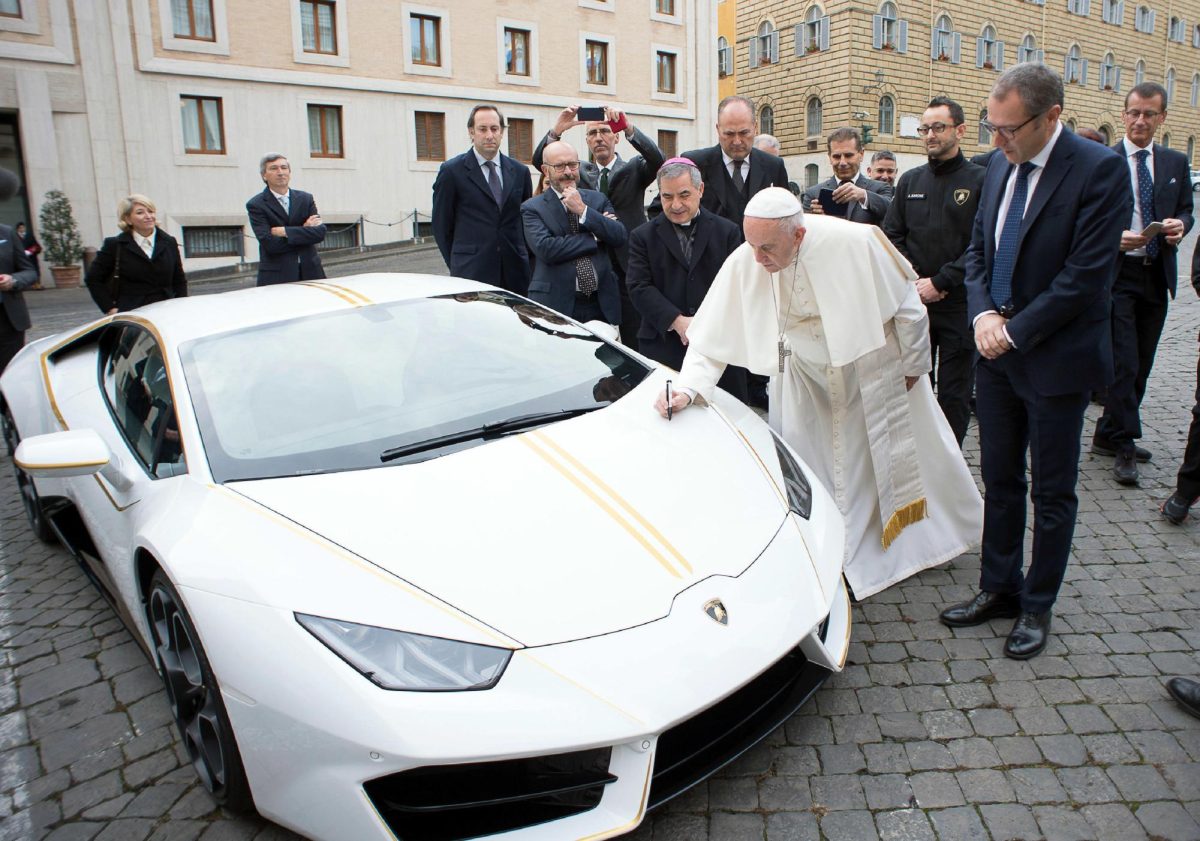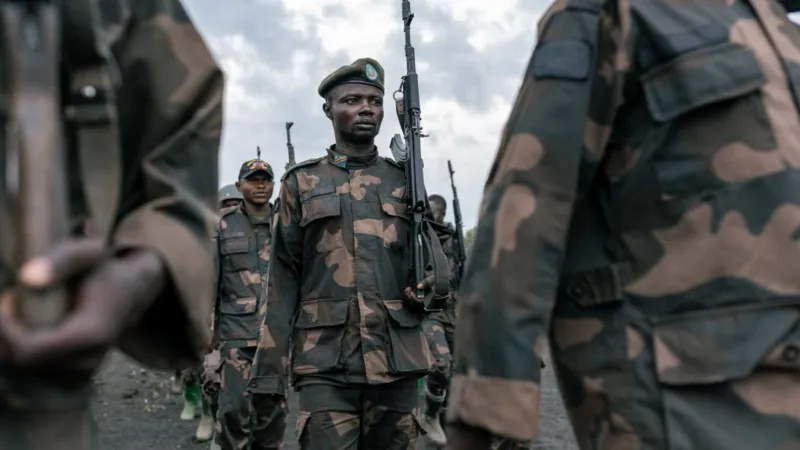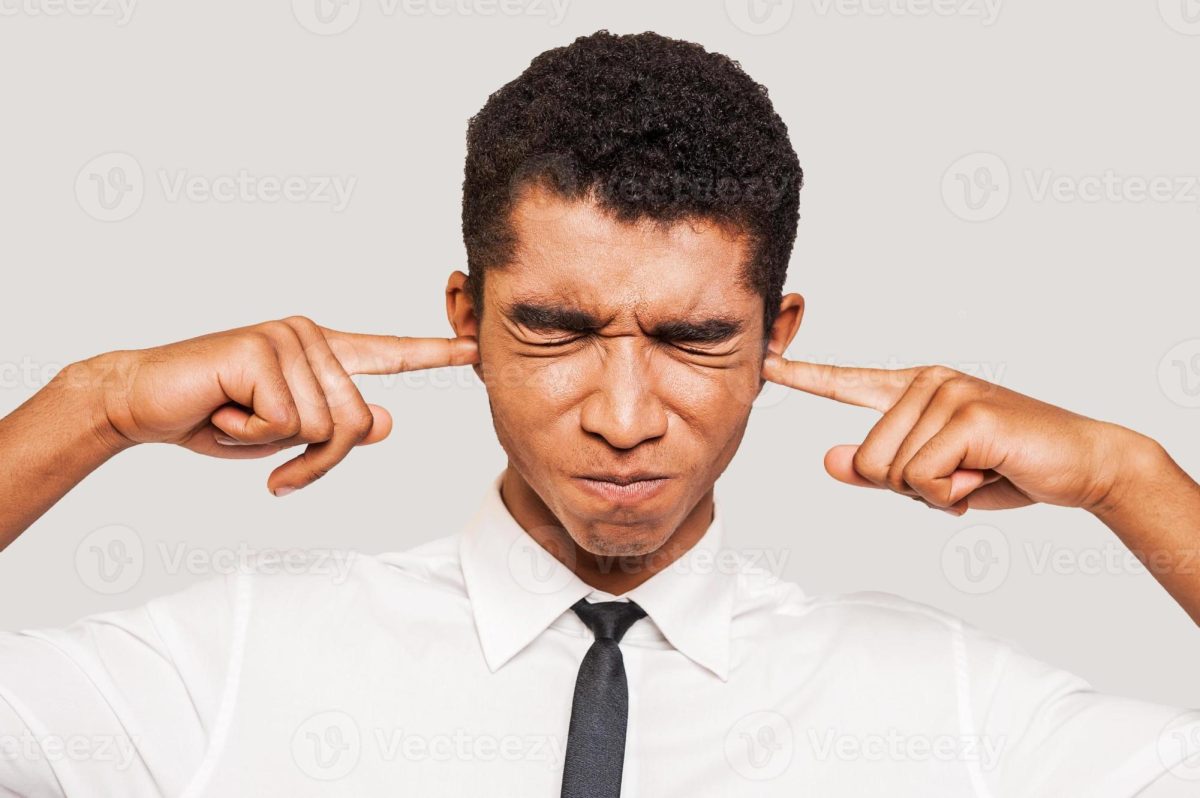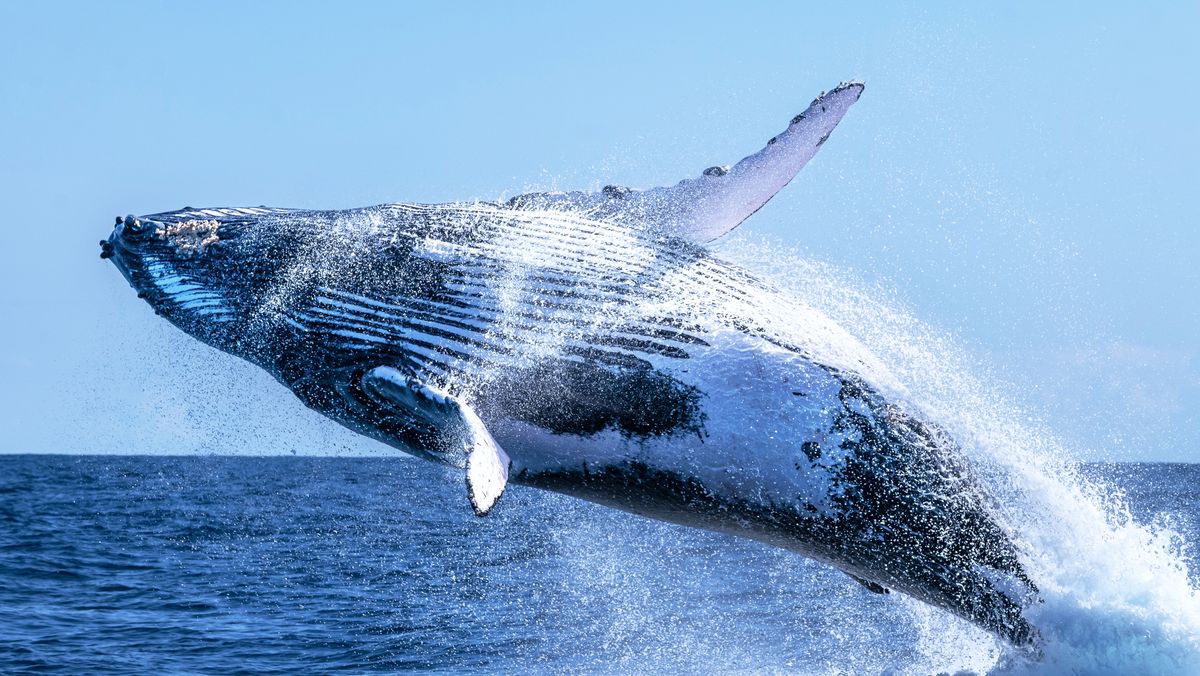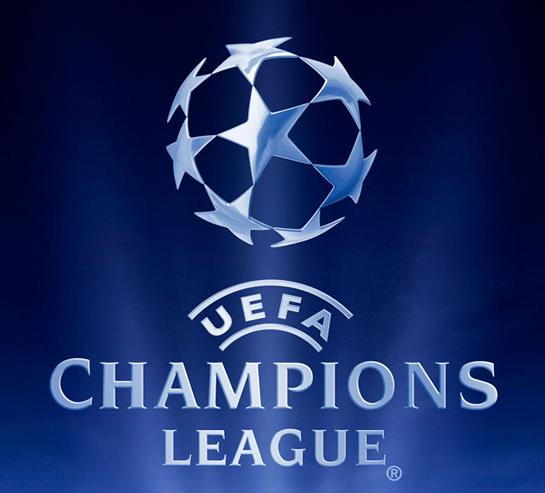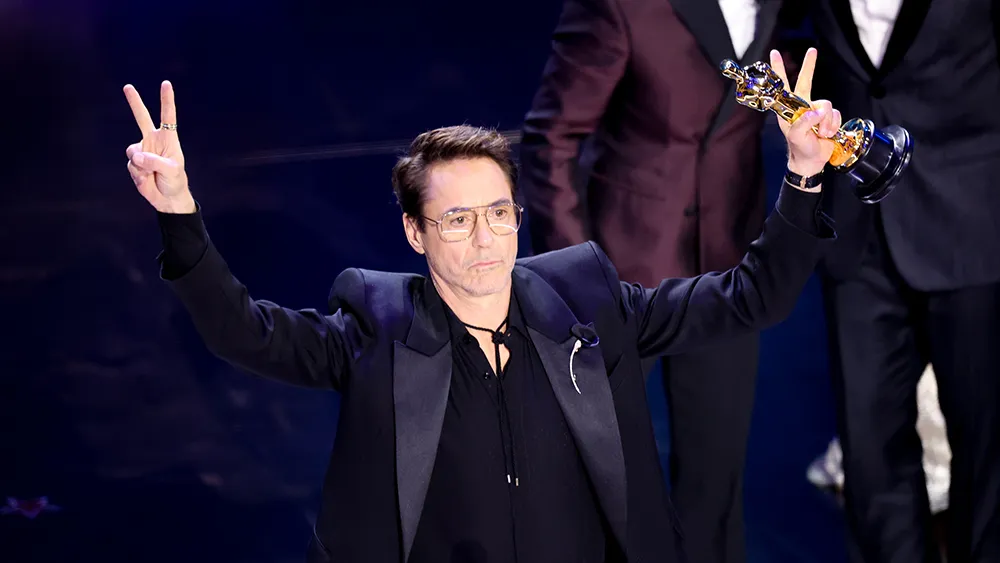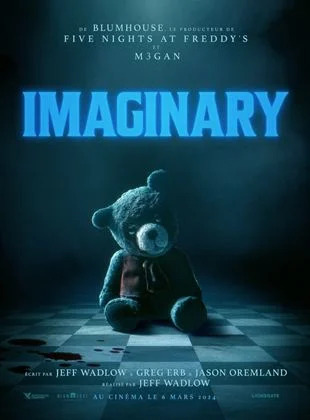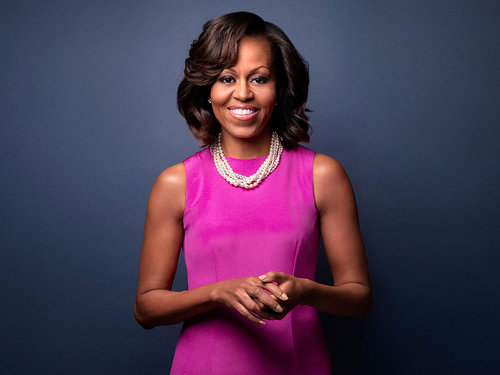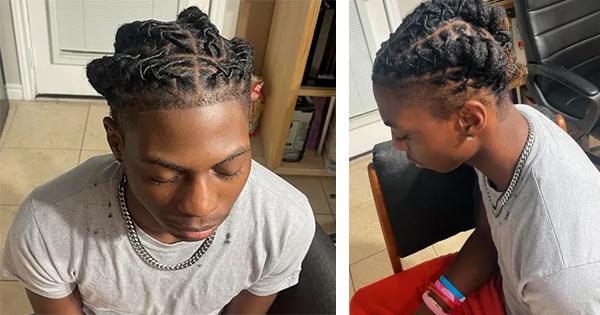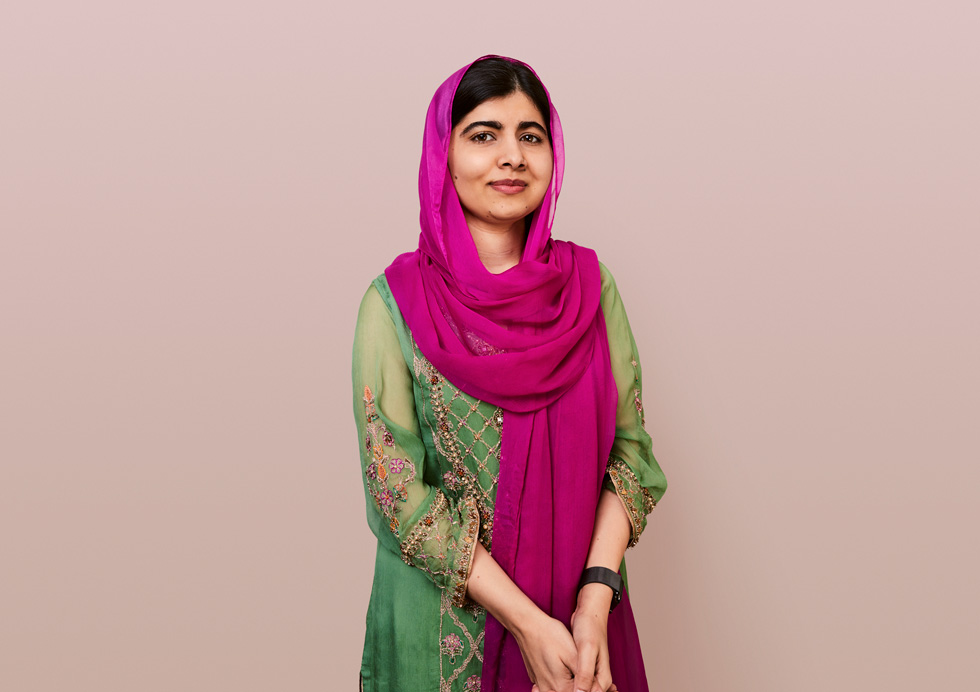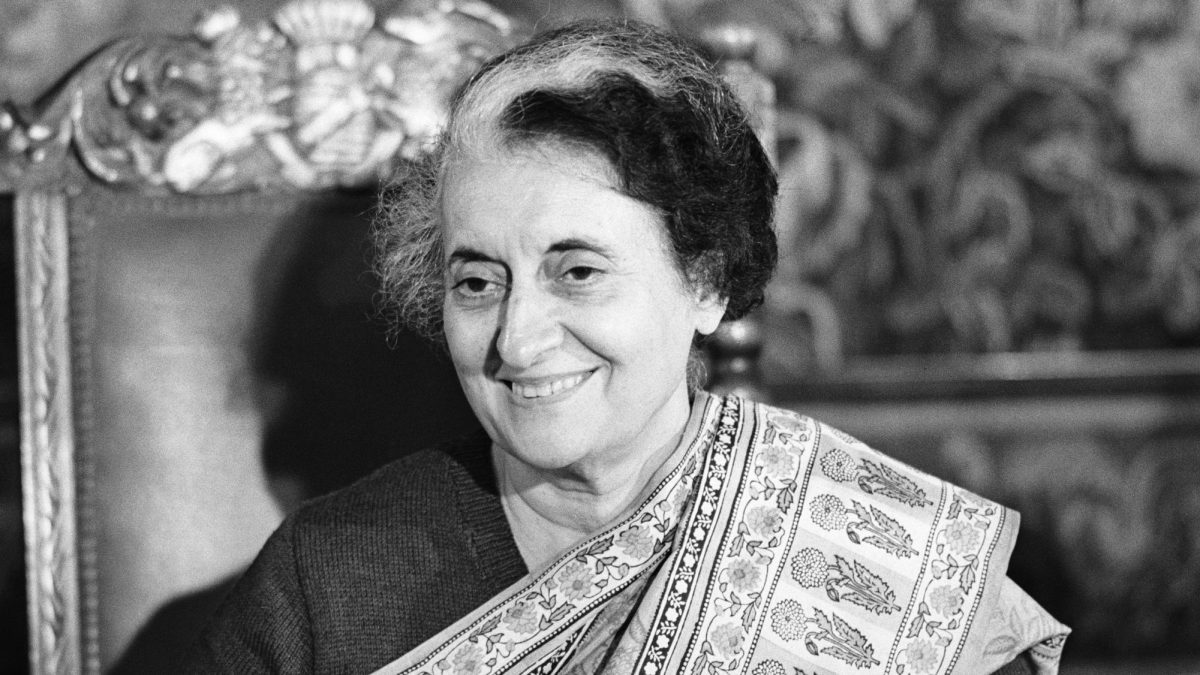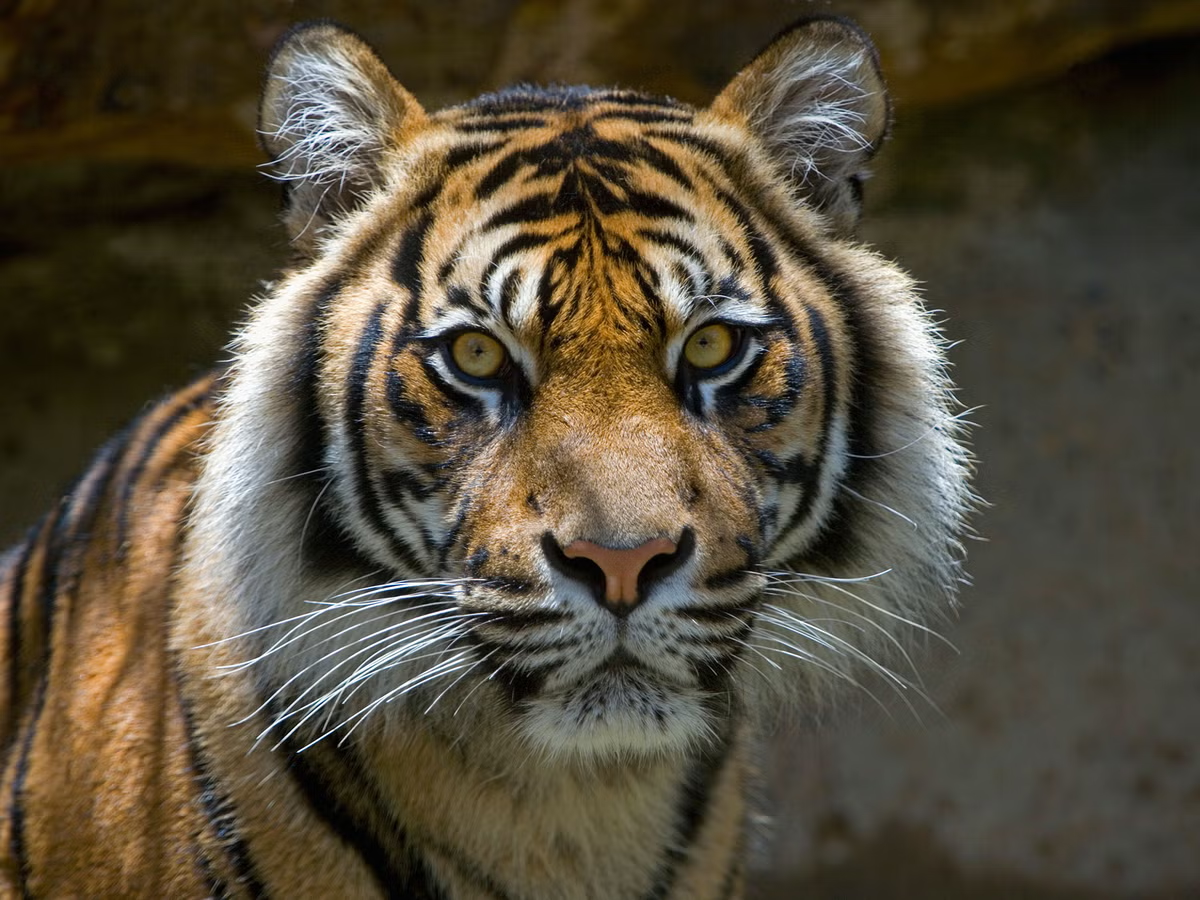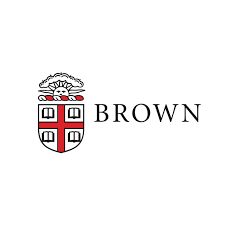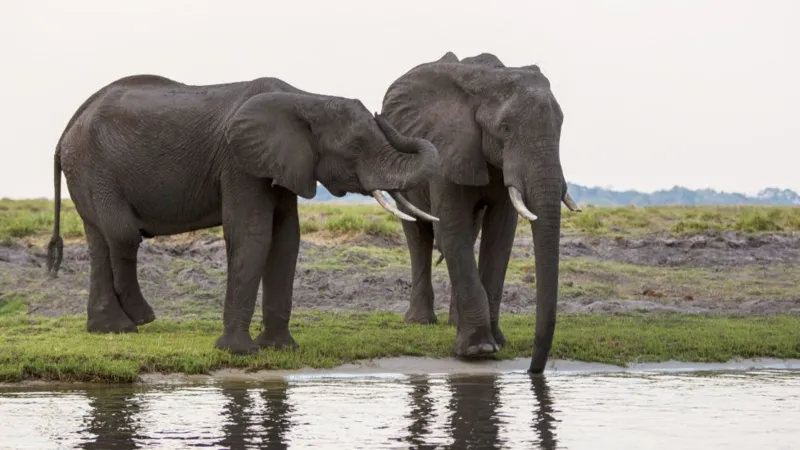Earlier this year, Germany’s environment ministry suggested that there should be stricter limits on importing trophies from hunting animals.
Botswana’s President Mokgweetsi Masisi told German media this would only impoverish the people in his country. He said that the number of elephants had exploded due to the conservation efforts and that hunting them was the only way to keep the population under control.
Germans should “live together with the animals, in the way you are trying to tell us to”, Mr. Masisi told the German newspaper Bild. “This is no joke.”
Botswana is home to about a third of the world’s elephant population -130,000 elephants- more than it has space for. Herds were causing damage to property, eating crops, and trampling residents Mr. Massi said.
Botswana had previously gifted 8,000 elephants to neighboring Angola and has offered hundreds more to Mozambique to bring the population down.
“We would like to offer such a gift to Germany,” Mr Masisi said, adding that he would not take no for an answer.
Botswana Wildlife Minister Dumezweni Mthimkhulu threatened to send 10,000 elephants to London’s Hyde Park last month so British people could “have a taste of living alongside” them.
In March, UK MPs voted to support a ban on importing hunting trophies, but the legislation faced further scrutiny to pass before becoming a law. A pledge to ban the import of hunting trophies was included in the Conservatives’ 2016 general election manifesto.
Botswana and other southern African countries make a lot of money from rich Westerners who pay thousands of dollars for a permit to shoot an animal and take its head or skin back home as a trophy. They say that this money is used to help conservation efforts and local people so they are less likely to be tempted to poach animals.
However, animal rights activists argue that the practice is cruel and should be outlawed.
“In some areas, there are more of these beasts than people. They are killing children who get in their path. They trample and eat farmers’ crops leaving Africans hungry,” said Botswana’s wildlife minister.
Germany is the EU’s largest importer of African Elephant trophies, and hunting trophies overall, according to a 2021 report by the Humane Society International.
Botswana banned the practice in 2014 but lifted restrictions in 2019 after facing pressure from local communities. The country is now issuing annual hunting quotas saying that it is licensed and strictly regulated. It has previously considered using elephants as pet food.
A spokeswoman for the environmental ministry in Berlin has told the AFP news agency that Botswana had not raised any concerns with Germany on the matter. “In light of the alarming loss of biological diversity, we have a special responsibility to do everything to ensure the import of hunting trophies is sustainable and legal,” she said.
The ministry, however, remained in talks with African countries affected by import rules, including Botswana, the spokeswoman said.
Australia, France, and Belgium are among the countries with a ban on the import of hunting trophies.
Botswana, along with its neighbors Zimbabwe and Namibia, have argued that they should be able to sell their stockpiles of elephant tusks so they can earn more money for their large amounts of elephants. Both countries in East Africa and animal rights activists have argued that this would only encourage more poaching.
